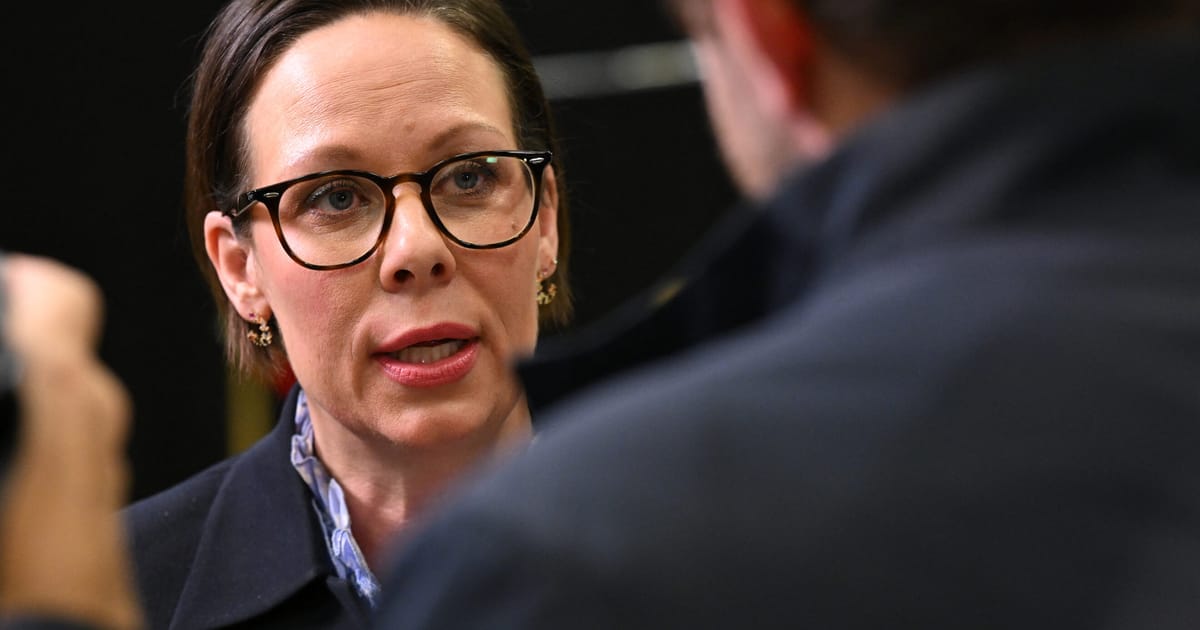Stenergård’s unusually frank comments frame a reality that is rarely publicly acknowledged by EU diplomats: That despite impassioned speeches by leaders across the bloc, advocating support for Ukraine, financial and military contributions remain deeply uneven from one country to another.
Denmark, for example, has contributed over €10 billion to Ukraine since the start of Russia’s full-scale invasion in 2022, equal to nearly 3 percent of its gross domestic product. Spain, on the other hand, has given €1.48 billion, or less than 0.2 percent of its GDP, according to the Kiel Institute, a think tank that tracks contributions.
Overall, Nordic and Baltic countries contribute the most in GDP terms to Kyiv, with the Netherlands, the United Kingdom, Germany, Poland and France all providing substantial aid, though a smaller percentage of their economic output.
Hungary is at the lower extreme with less than 0.04 percent of GDP in aid.
Stenergård called out those leaders who strike pro-Ukraine positions in speeches but fail to back up their rhetoric with cash: “If you choose to go to your constituency and give all these kinds of speeches saying that Ukraine is not only for their freedom, but also for ours, then you also have to help the nation,” she said.
Ukraine faces a stark budget shortfall starting next year. Stenergård said it is imperative that EU leaders reach a deal on how to keep supporting Kyiv when they next meet in Brussels in December.
